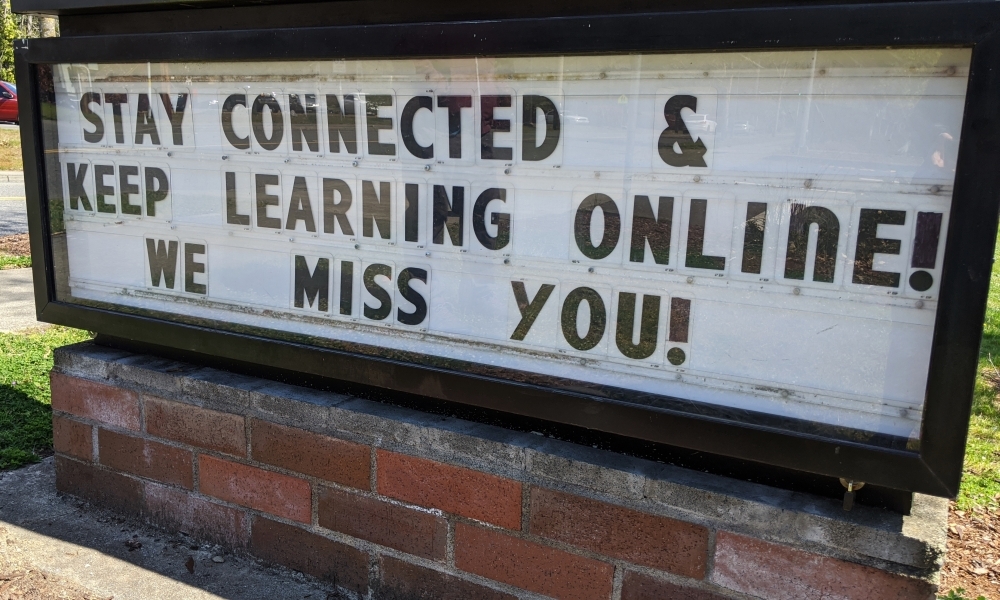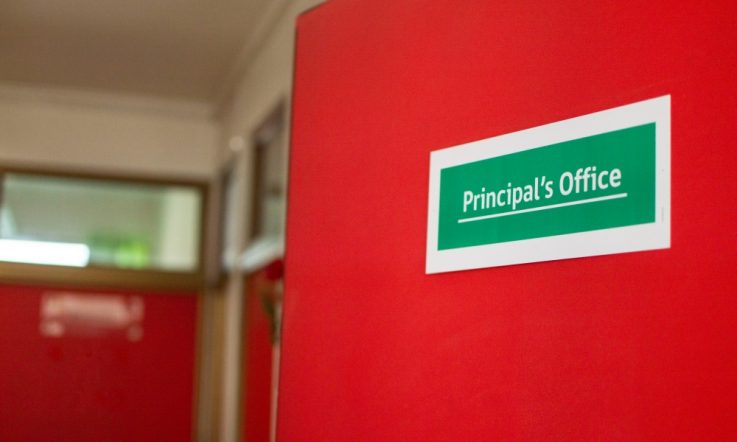The uncertainty of another pandemic year piled extra pressure on Year 12 students, who were faced with disruptions to their learning and traditional end-of-year celebrations and social events. It’s also taken its toll on teachers of this graduating cohort.
As students look to their life beyond school, what can Year 12 teachers do to recharge and reset for 2022?
‘As Year 12s across the country finish their final year of schooling, spare a thought for those teachers who have recently said goodbye to their graduating students,’ Curtin University’s Dr Saul Karnovsky says. The experienced pre-service teacher educator is an early career researcher specialising in several fields, including pedagogy, practice and teacher emotions.
‘Our Year 12 teachers have been achieving excellence for our young people, supporting them to reach their goals and find pathways to higher education, training and work. This has all occurred in the face of increasing pressure to perform, workplace stress, accountability and a seemingly never-ending series of pandemic lockdowns, restrictions and economic uncertainty.’
A recent survey by the Australian College of Educators found three-quarters of teachers feel stressed by their work and more than eight out of 10 struggle with work-life balance. Perhaps not surprisingly, a clear majority of survey participants (84 per cent) had thought about leaving the profession in the last 12 months.
Karnovsky says the survey reconfirmed what researchers of teacher wellbeing have known for some time. ‘Soon, teachers will be able to take a well-deserved break from all this, yet in a few short weeks, they will need to “reset” and do it all over again. For the teachers of the new cohort of Year 12s, 2022 will once again be filled with challenges and uncertainty. We need to be discussing the impacts on our teachers of this reality.’
For students, Monash University researcher Dr Fiona Longmuir notes the long periods of lockdown in Melbourne meant 2020-21 was a repeat of their Year 11 experience. ‘In a research project last year, we heard from 241 Year 12 students from across the country. The majority were from Victoria and New South Wales, where disruptions to their learning as a result of restrictions were most acute. Almost all the students reported that the time of learning from home was challenging, most commonly in terms of staying motivated and connected (Longmuir, 2021).’
Karnovsky says care is a fundamental part of teachers’ work, and in 2020-21 their capacities to care for their Year 12 students has been ‘stretched to its limits’. ‘This is in terms of caring about their opportunities to find success in pandemic conditions and lockdowns, under already highly stressful conditions (e.g. final exams),’ he tells Teacher.
‘More profoundly, this care would have extended to the mental health and wellbeing of these young people. This report shows that many young people have experienced profound levels of psychological distress, significantly less social connectedness and impacts on their education due to the pandemic.
‘Teachers have been at the front line of youth mental health during 2021, working tirelessly to care, support and encourage Year 12s, largely with inadequate training or access to support services. This is especially pronounced in our vulnerable communities.’
So, after another difficult year, what can Year 12 teachers do to reset and recharge for what could be another complex and uncertain 2022? Karnovsky says self-care is crucial.
‘Finding ways to decompress, unwind and detach from the year that was is critical. There is no one “right” way to do this, and each teacher should find strategies that help build their energies back up.
‘From my perspective teachers should be carefully considering the ways they may be approaching 2022, that supports their professional and organisational wellbeing. Setting boundaries is one way to do this. Teachers are not very good at having a work-life balance and are increasingly taking work home with them, working up to 52 hours a week.’
It may also be time to reassess existing commitments. ‘If teachers are taking on another Year 12 cohort, perhaps they could consider stepping back from other roles, committees or leadership they have in the school, especially if they are depleted from this year’s rollercoaster.’
References
Longmuir, F. (2021, October 11). Trials and tribulations: The stories of Year 12 students amid COVID. Lens. Monash University. https://lens.monash.edu/@education/2021/10/11/1383907/trials-and-tribulations-the-stories-of-year-12-students-amid-covid
As a school leader, how has the last 12 months affected individual teachers? Have you discussed the situation with them? Have you set aside time to reflect on what’s happened and what their support needs will be for the coming 12 months?
As a Year 12 teacher heading into 2022, are there opportunities to lighten the load by stepping back from additional commitments?



